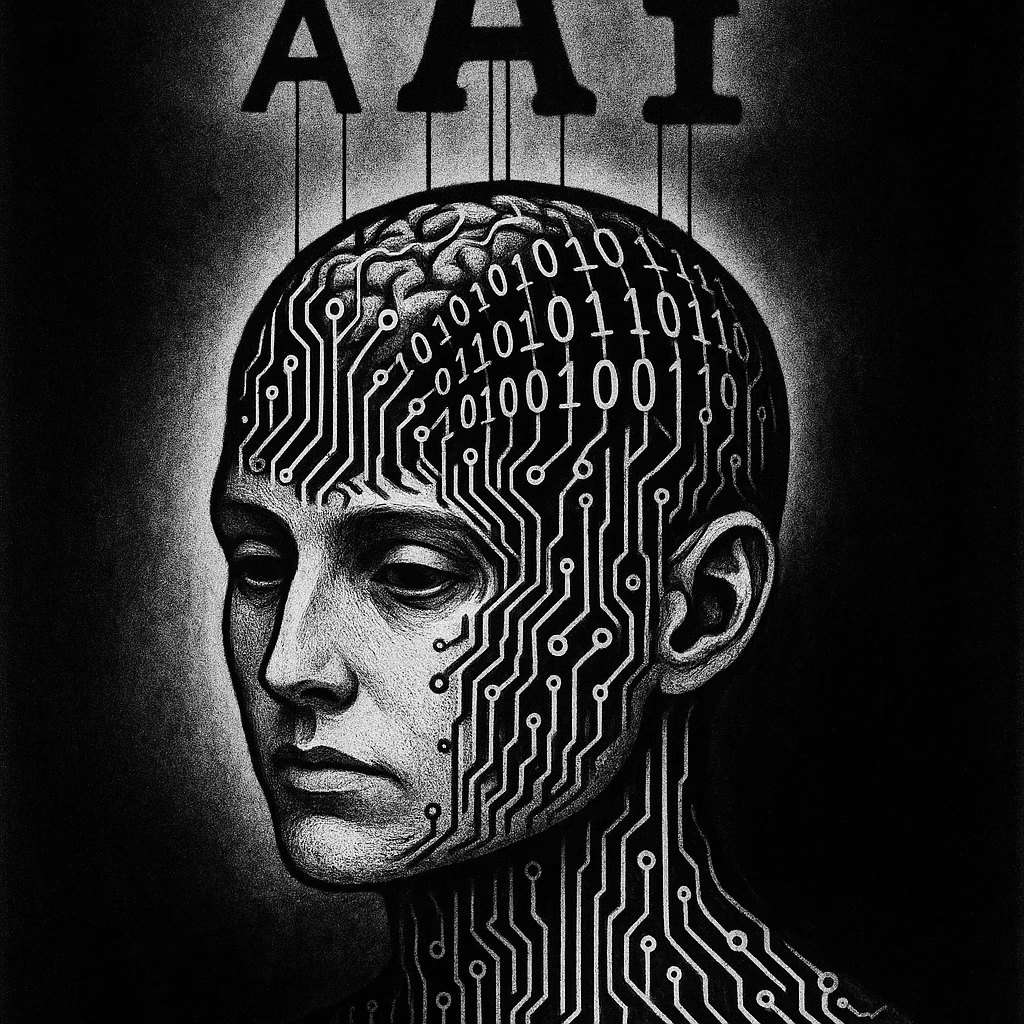
As AI becomes embedded in how we think, work, and decide, it’s subtly reshaping our mental habits. What feels like an invisible hand guiding or supporting us may also be rewiring the way our brains engage, remember, evaluate, and solve.
Cognitive Offloading & Mental Atrophy
AI enables cognitive offloading—the act of shifting mental tasks, like memory and decision-making, to external systems. While this expands our productive capacity, studies warn it can undermine internal cognitive functions over time:
- A comprehensive review highlights that over-reliance on AI diminishes deep thinking, analytic reasoning, and critical analysis.
- Research in Societies suggests frequent AI use correlates with weaker critical thinking—especially when people offload tasks habitually.
- Earlier foundational literature on offloading cognition traces how cognitive tools (like language, writing, and now AI) extend human thinking—but at the risk of reduced internal processing and mental resilience.
De-Skilling, Misplaced Responsibility & Ironies of Automation
AI often improves speed and efficiency—but presents deeper paradoxes of automation:
- A recent study on design professionals found that while AI accelerates routine tasks, it also fosters de-skilling and over-dependence, eroding critical creative judgment.
- The classic concept of the “Ironies of Automation” (Bainbridge, 1983) still applies—automating tasks without support erodes the operator’s ability to handle unexpected scenarios.
- In medical diagnostics, researchers identified automation bias, where experts defer to AI suggestions—even when evidence contradicts them—especially under time pressure.
Automation Bias & Complacency
Humans tend to over trust automated systems, leading to errors of commission (blindly accepting AI outputs) and omission (missing errors). This bias stems from cognitive overload and trust in high-performing AI.
Measures like explainable AI and proper UI design can reduce these effects—but human oversight remains critical.
Narrowed Thinking & Echo Chamber Effects
AI-driven recommendations reinforce what we already believe, creating echo chambers:
- Filtering threats to critical evaluation arises when AI deliberately aligns with user’s existing viewpoints—hindering exposure to alternative ideas.
Trade-Offs Between Thinking Depth and Cognitive Efficiency
The Cognitive Tradeoff Hypothesis posits that humans evolved complex language—in part—by trading off immediate memory capacity. Similarly, AI may be accelerating new trade-offs: sacrificing certain thinking skills for efficiency gains.
N. Katherine Hayles’ posthumanist perspective re-frames cognition as a distributed process shared between humans and technologies—suggesting our minds are reshaping, not disappearing.
Balancing Alchemy & Awareness
AI doesn’t replace thinking—it augments it—especially when used with intention. Here’s how to engage wisely:
- Activate, don’t offload: Use AI to assist—not to substitute. For example, ask AI to propose solutions, then critique or expand them.
- Build cognitive scaffolding into workflows: Initially rely on AI with oversight, then gradually reduce dependence as skills grow.
- Encourage intermittent disconnects: Work without AI occasionally to keep mental muscles sharp.
- Design AI tools to include explainable reasoning—so users stay mentally engaged and critically aware.
Final Thought
AI can rewire how we think—but that rewiring isn’t inherently negative. It becomes harmful only if it’s unconscious, unchecked, or unquestioned. By staying aware, deliberate, and reflective, we can shape AI to help our minds expand—not atrophy.
Research References
Cognitive offloading and critical thinking impacts
De-skilling in design professionals